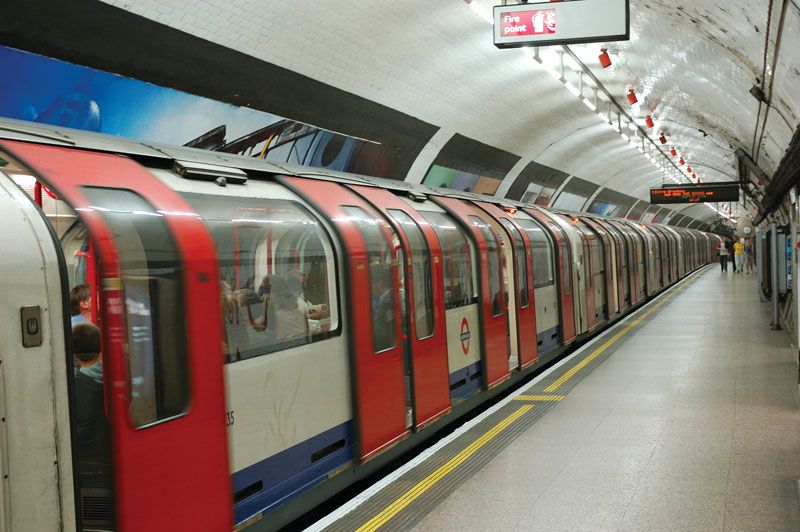In today's fast-paced world, urban transportation plays a crucial role in shaping the quality of life for city dwellers. As cities continue to grapple with traffic congestion, air pollution, and accessibility issues, the concept of free public transport has emerged as a potential solution. This article explores the multifaceted advantages of implementing free public transport systems, highlighting the positive impact on the environment, economy, social equity, and overall urban development.
- Environmental Sustainability:
By offering free public transport, cities can significantly reduce their carbon footprint and combat the adverse effects of climate change. Encouraging citizens to opt for public transportation over private vehicles leads to a decrease in greenhouse gas emissions, air pollution, and noise pollution. This shift towards sustainable mobility not only improves the overall air quality but also promotes a healthier and greener urban environment. - Economic Boost:
Contrary to popular belief, free public transport can be a financially viable investment for cities. While the initial costs may seem daunting, the long-term economic benefits outweigh them. By reducing traffic congestion, free public transport reduces the need for road infrastructure expansion, saving substantial amounts of money. Additionally, it stimulates local economies by increasing accessibility to businesses, boosting tourism, and attracting investment opportunities. - Social Equity and Inclusion:
Free public transport promotes social equity by ensuring equal access to transportation for all citizens, regardless of their socio-economic background. It eliminates transportation-related barriers, allowing individuals from lower-income communities to access education, healthcare, and employment opportunities more easily. Moreover, it fosters social cohesion by bringing people from diverse backgrounds together, reducing social isolation, and enhancing community engagement. - Improved Traffic Flow and Reduced Congestion:
One of the primary advantages of free public transport is its potential to alleviate traffic congestion. By incentivizing people to leave their cars at home, cities can experience smoother traffic flow, shorter travel times, and reduced congestion on roads. This not only enhances the overall efficiency of the transportation system but also reduces stress levels for commuters, leading to improved productivity and well-being. - Health and Well-being:
The availability of free public transport encourages citizens to engage in more active modes of transportation, such as walking or cycling, to access transit stations. This promotes a healthier lifestyle by incorporating physical activity into daily routines. Additionally, reduced air pollution from fewer private vehicles positively impacts public health, reducing respiratory diseases and improving overall well-being.
Conclusion:
The implementation of free public transport represents a transformative step towards sustainable urban development. By prioritizing environmental preservation, economic growth, social equity, and improved mobility, cities can create a more livable and inclusive future for their residents. Embracing this innovative approach to transportation not only benefits individuals but also contributes to the collective well-being of society as a whole.

